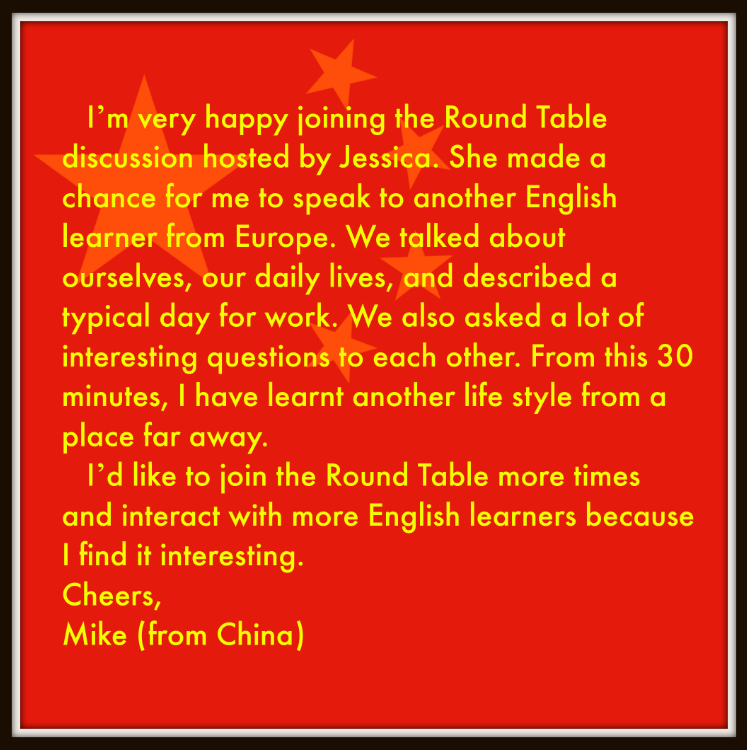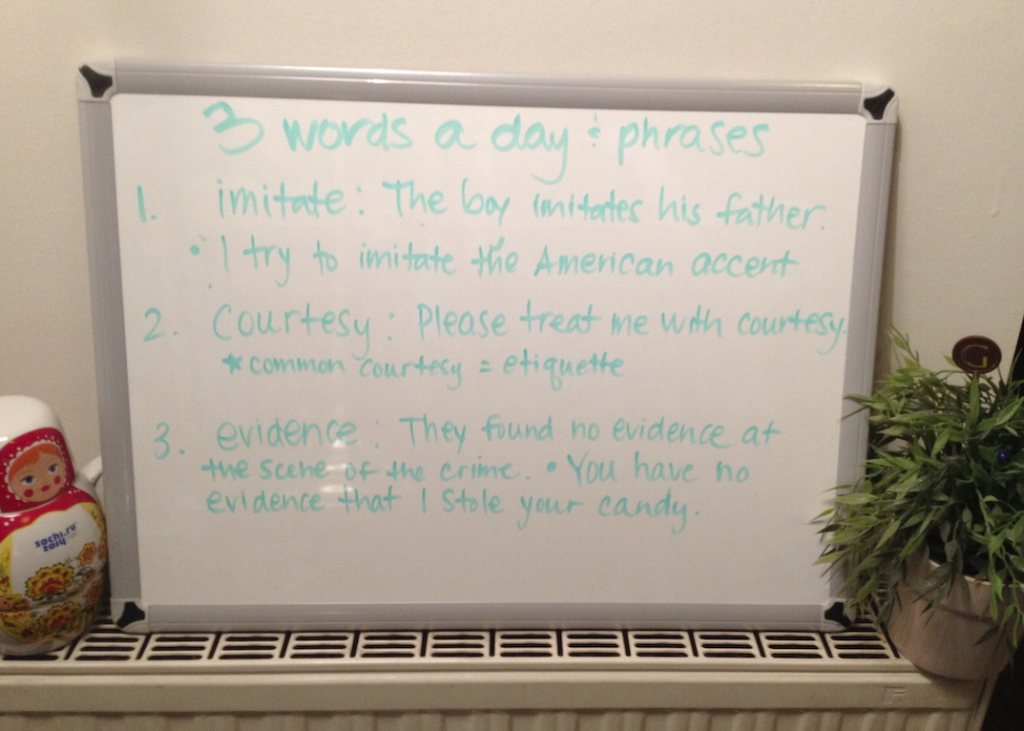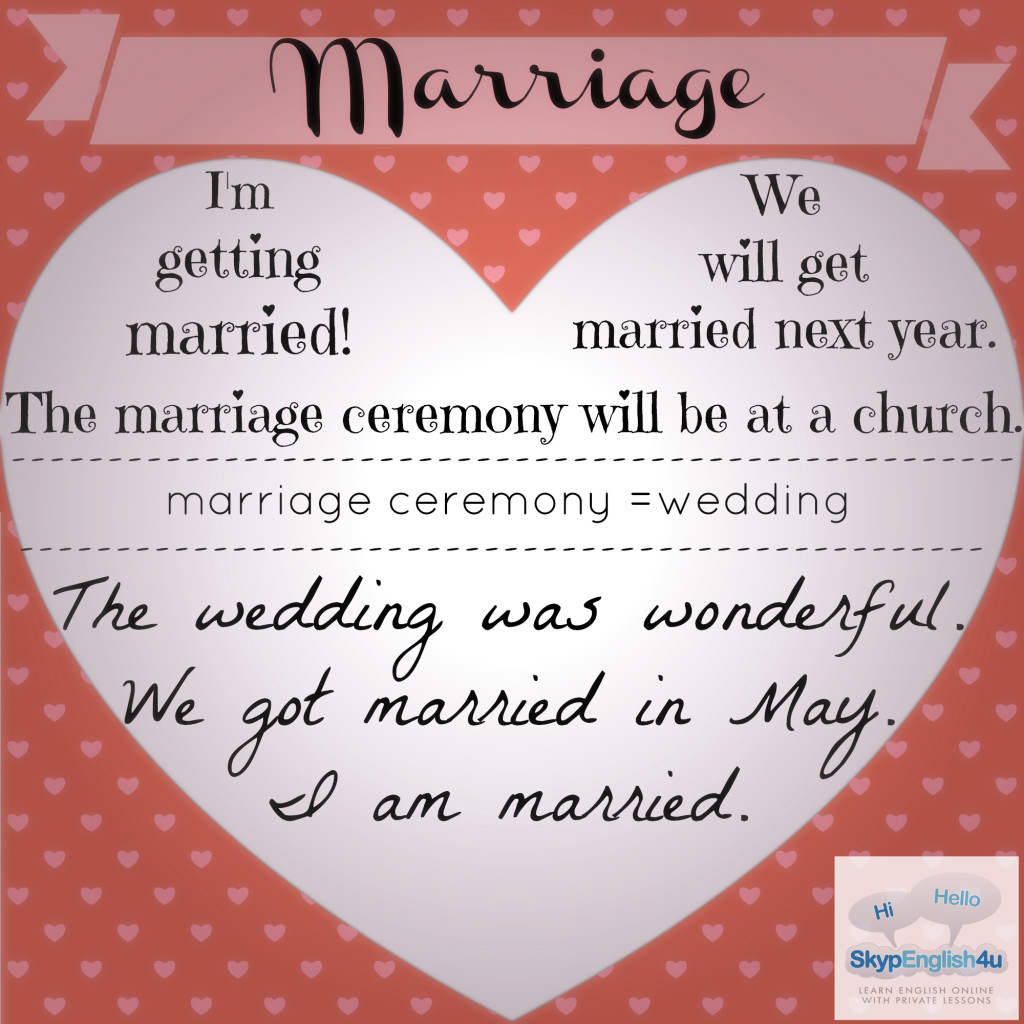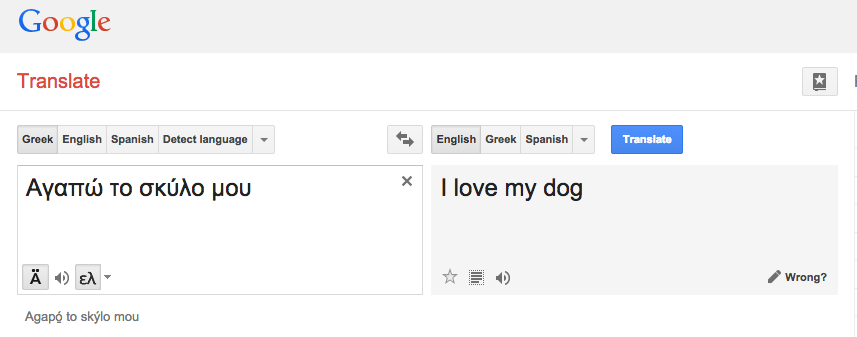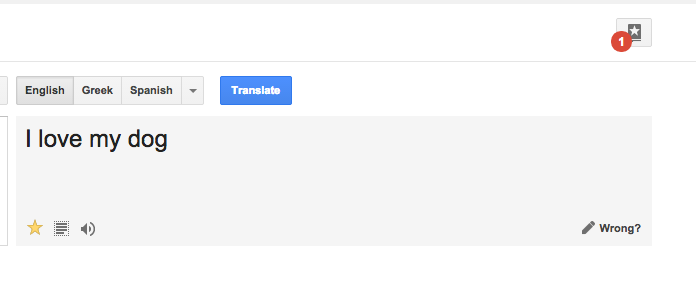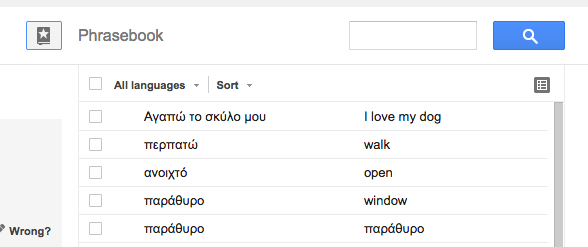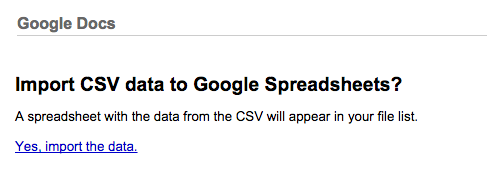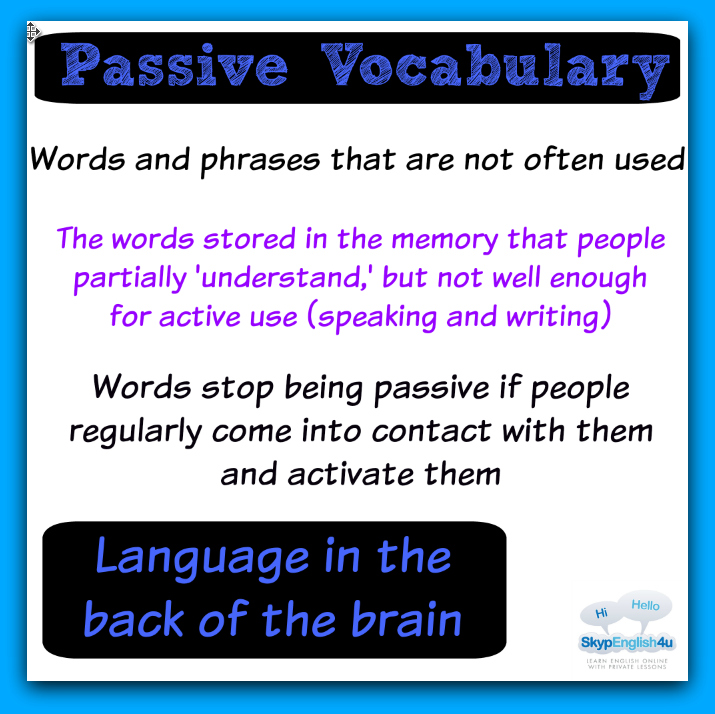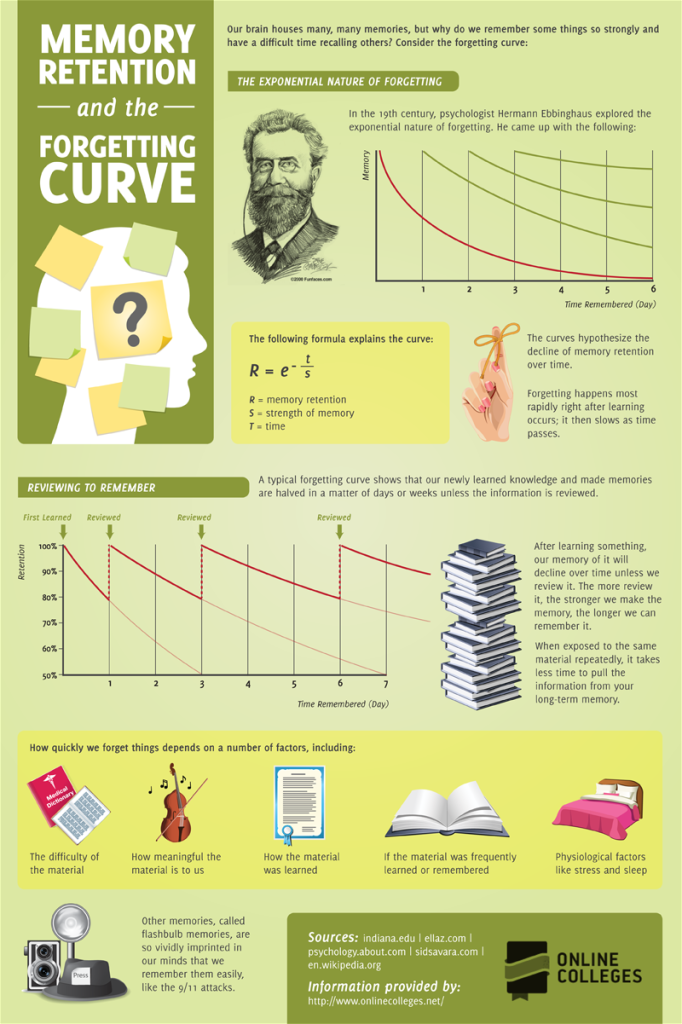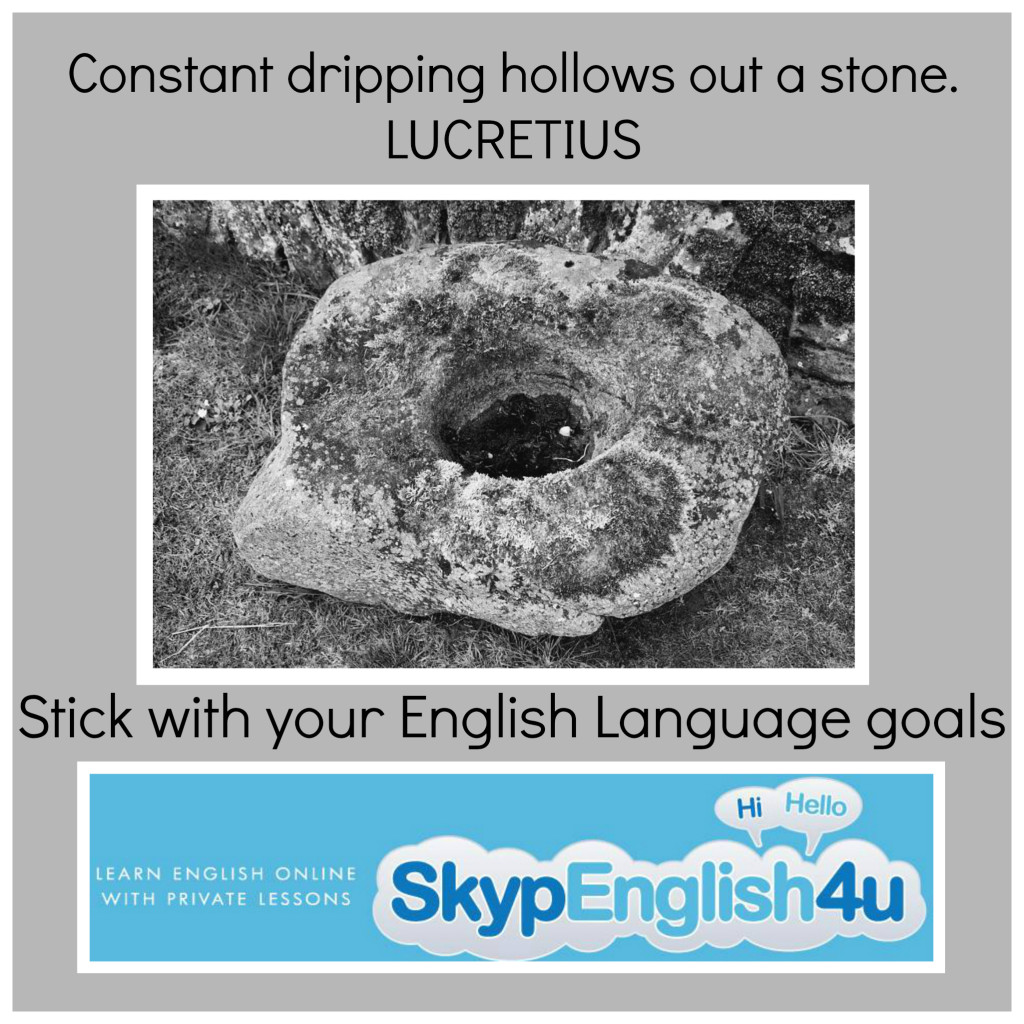Articles
Everything you need to know about ARTICLES —>
- There are only three articles: the, a and an. They are very small words which cause very large problems if used incorrectly. If, for example, you wanted someone to hand you the book, but you accidentally said a book, the other person might take some time to go shopping for a book they thought you’d like. While one can never have too many books, work doesn’t get done if we go book shopping every time we need to look up a word in the dictionary. Use of an article can also change the meaning of the noun:
dinner = the evening meal
a dinner = an evening meal held for some kind of event
the dinner = a specific evening meal which was held for some kind of event
Read more from Grammarly > http://www.grammarly.com/handbook/grammar/articles/
- The 3 articles in English are a, an and the. The learner has to decide noun-by-noun which one of the articles to use*. In fact, there are 4 choices to make, because sometimes no article is necessary. Native-speakers, of course, use the articles correctly without thinking in everyday spoken langauge. English learners, on the other hand, need to have some guidelines for making the right choice – particularly those learners whose own language does not have articles, such as Japanese or Korean. The guidelines that follow here should help ESL students to a basic understanding of English article use.
The most important first step in choosing the correct article is to categorize the noun as count or uncount in its context**
Read more from teh Frankfurt International School > http://esl.fis.edu/grammar/rules/article.htm

